No one likes to be the odd one out. Yet many people feel that they don’t quite fit in. In this episode of The Psychology Podcast, journalist and author Olga Khazan talks to host Scott Barry Kaufman about why people don’t like those whom they perceive as different, and what it means to be the weirdo in a polarized but conformist society. Outsider status comes with many challenges, she argues, yet it can also help you stand out from the crowd and influence society in positive ways.
Today’s society values conformity.
In recent years, society has split into increasingly polarized groups. People feel more alienated from one another and tend to spend more time with those who share their background. Tribalism is inborn: People are naturally distrustful of outsiders, and will always lean toward socializing with and looking after members of their own tribe.
Most people have no or very few friends who are from a different race or culture or who have a different sexual orientation. At the same time, however, there is an expectation that you should be able to get along with everyone. For example, success in white-collar jobs often depends on your ability to collaborate with and relate to people from all walks of life.
People’s desire to conform can help change social norms.
Social norms direct people’s actions, both in positive and negative ways. Many people will follow social norms and rules, even if they go against their values and beliefs. For example, researchers studied people’s reactions to a no-clothes policy at a spa. Even though most people were very deeply uncomfortable with the notion of ...
In The Psychology Podcast, host Scott Barry Kaufman explores human potential with inspiring and thought-provoking guests. Olga Khazan is a journalist and staff writer for The Atlantic, covering health, gender and science.










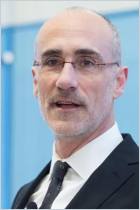
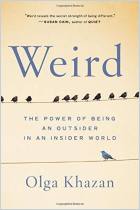
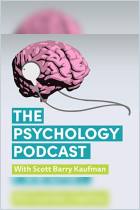
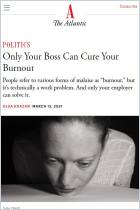
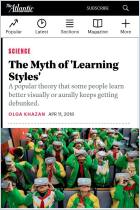
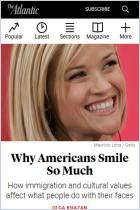
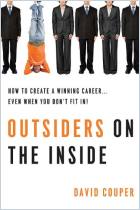

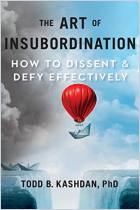
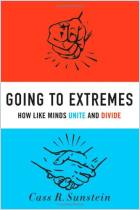

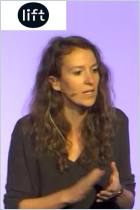



Comment on this summary or Iniciar a Discussão